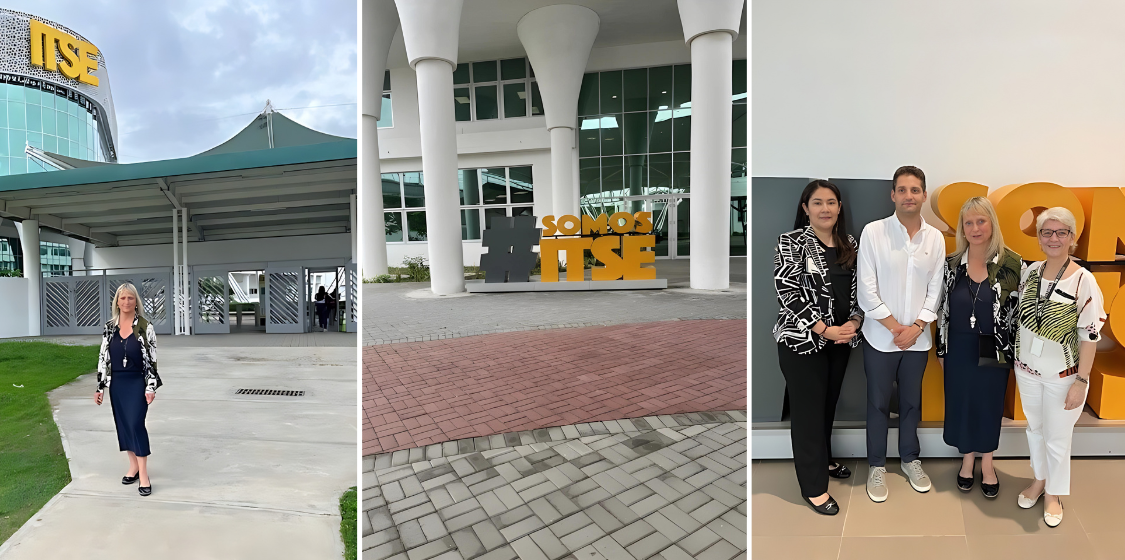
Prepare your call centre staff for customer profanity
The irony of social media is just how anti-social it has made some people. It’s much easier to be rude, aggressive and unpleasant when you can hide anonymously behind a keyboard, forgetting words have meaning and carry an impact. Sadly, that same unpleasantness and lack of empathy also seems to be creeping into other daily interactions – just ask anyone who works in a customer-facing role, particularly those in contact centres.
Recent research by speech analytics software provider CallMiner has found consumers are becoming increasingly frustrated with call centres and are more likely to resort to aggression and foul language to express their feelings. Their review of more than 82 million calls found in almost all calls (87%) where swear words were used, it was throughout the call. What’s more, these calls lasted an average of more than eight minutes longer than those not peppered with bad language.
Anyone on the receiving end of this sort of behaviour – be it in a call centre, on social media, or face-to-face – is suffering a form of emotional abuse that can have damaging psychological implications. It’s also one of the reasons call centres have some of the highest turnover rates of any industry.
So it goes without saying, training staff to handle difficult and abusive customers is a win-win for all concerned. But more than that, employers also have a legal obligation to protect their staff from work-related violence, which includes verbal abuse just as much as the threat of physical violence.
The CallMiner research also highlights what triggers the frustration that manifests itself as unacceptable behaviour from the customer. For example, abusive calls were often preceded by a failed attempt to resolve issues through self-service mechanisms. Other triggers are long waiting times, callers having to repeat themselves every time they speak to a different person, callers getting routed to the wrong people or finding it impossible for their issue to be resolved on the first call.
The key point is that these are organisational and process issues which can and should be addressed as part of the broader goal to improve the experience of callers and so improve the lives of customer-facing staff. But it’s not just about reducing stress-points and improving processes: it’s also about creating a culture and systems that empower staff to solve problems and give them the ability to deliver the effective, efficient service customers want.
Forget scripts, let your people use their initiative to solve problems. Train them, encourage experimentation, ask them where and how customers’ experiences can be improved. It’s all about empowering people and keeping the lines of communication open between staff and management.
Clearly, no matter how frustrated or angry a customer is, they have no right to subject staff to abusive treatment. Employers need to have in place the appropriate training, development, systems and processes to both protect staff and ensure they are in the best possible position to handle hostile situations.
We support customer-facing businesses in the UK and internationally to build, develop and retain skilled workforces through our WorldHost Programme. To find out more visit: https://people1st.co.uk/products-solutions/training/worldhost-customer-service/



